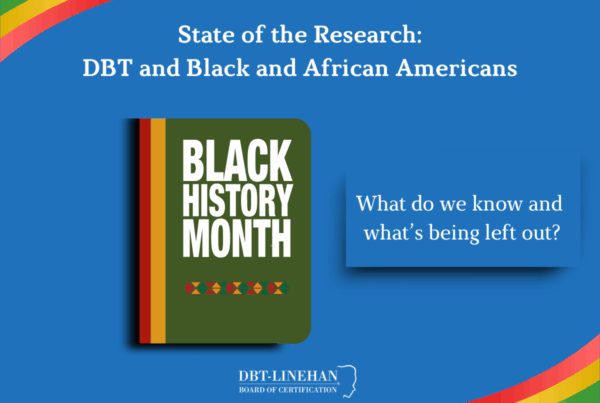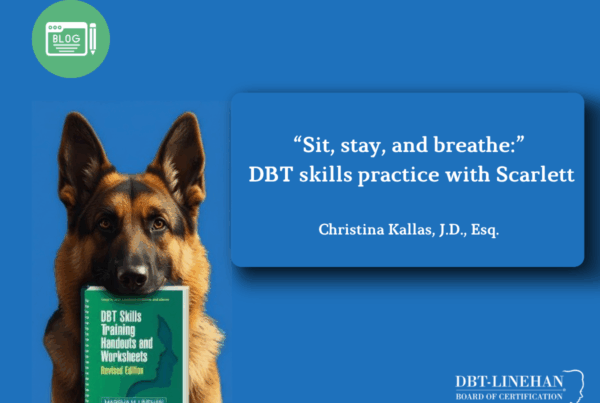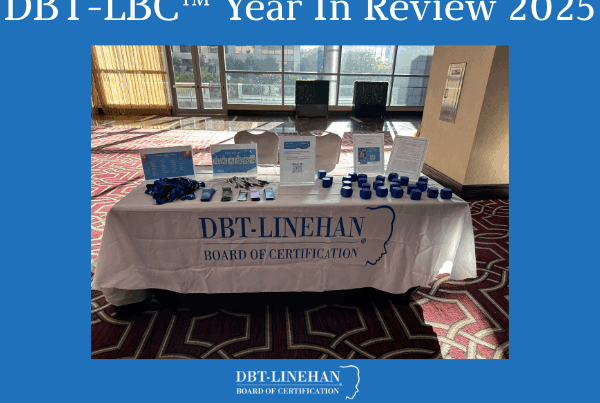Beginners Mind by: Christina Kallas J.D., Esq.
It can be daunting to write a regular column, in any publication. It can be particularly daunting to write for this publication. The audience is people who have studied DBT, who are ‘experts’. I have been learning about DBT for almost three decades, but I haven’t ‘studied’ it the way you readers have. I have no idea if I could ‘pass’ the certification exam myself.
And yet, as I was reminded this week, I could think of myself as having ‘Beginner’s Mind’. No statistics, no textbooks, but plenty of lived experience in my family, and by extension, the lives of the family members I’ve worked with in Family Connections. I’ve even taught DBT skills to a professional audience of other lawyers. I called my talk, “How to deal with difficult clients.” I didn’t mention DBT, but one of my colleagues said to me afterward, “You know, Chris, I could use all of these tactics with my in-laws.” And she was right, of course.
DBT skills aren’t just for people with a diagnosis. DBT skills work for all of us in our everyday lives, at work and in our communities. Since I started learning DBT skills, I have become a much more effective person: in my marriage, in my friendships, in my community at large, with my clients. People who knew me as a younger person have remarked: “Boy, you sure are different now.” And I am. Part of that growth has been from spending so much time with people who are involved in the mental health community, especially those of you who teach your clients DBT skills. I believe that’s because you can’t really teach DBT skills effectively if you aren’t using them.
Many years ago, when I first became involved in NEA BPD, and I spoke with people like Perry Hoffman and Alan Fruzzetti, I would think to myself, “What planet did these people come from?” They seemed so different from the family of origin I started with. (Okay, not fair – I picked two of the most special people on the planet Earth! And as one of my colleagues has said, when I was growing up they hadn’t invented validation yet.) The more I spent time with people who treat others using DBT, the more I realized how much it changes people, for the better.
So keep doing what you are doing, you practitioners out there. You are very special to the rest of us. Thank you for giving us hope, in a time when hope seems to be in short supply. In addition to the benefits that you provide to your individual clients, you are helping to reduce the stigma of mental illness, which is such a powerful impediment to improving our society.





